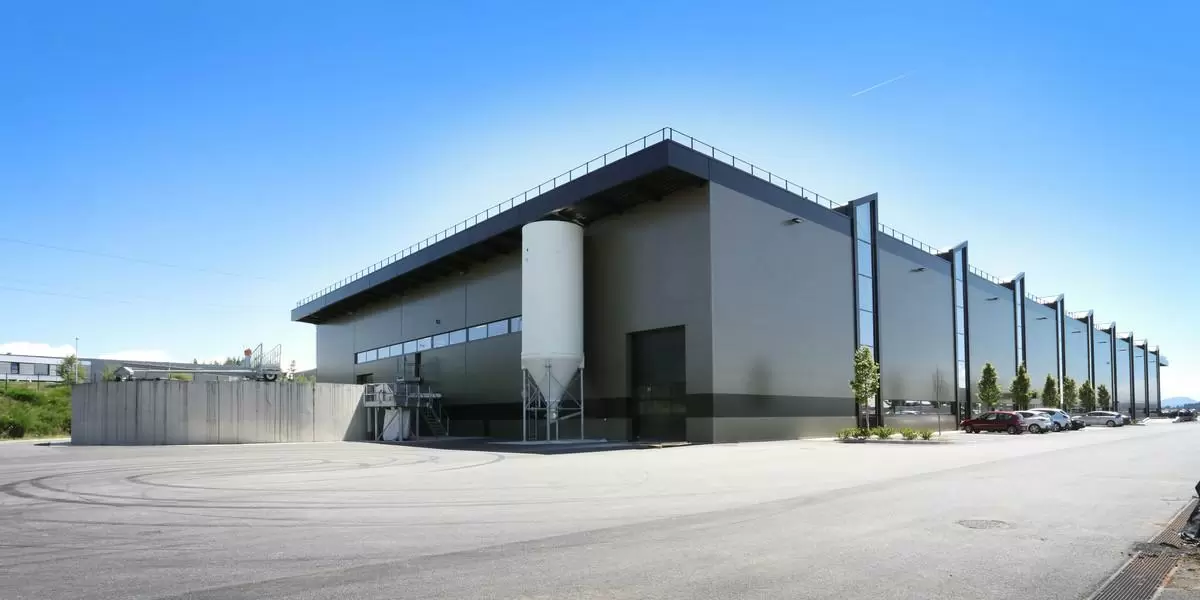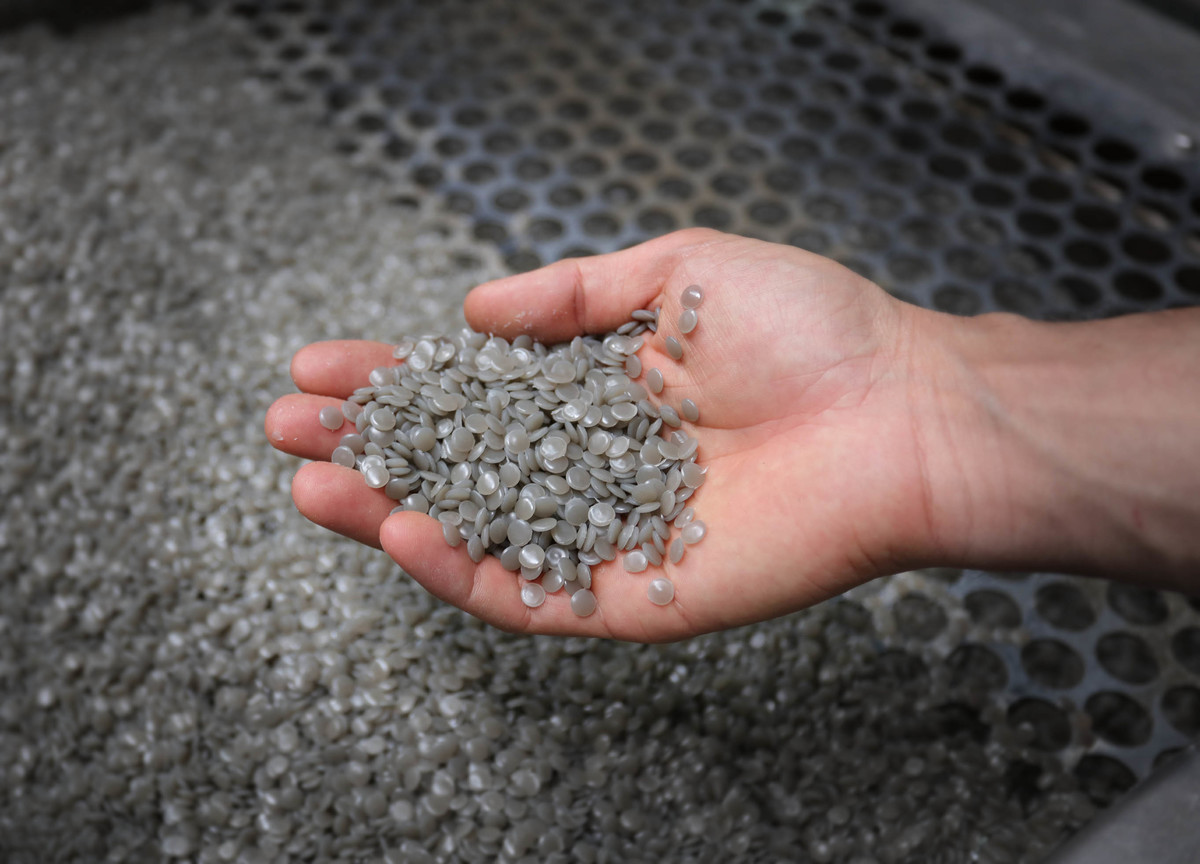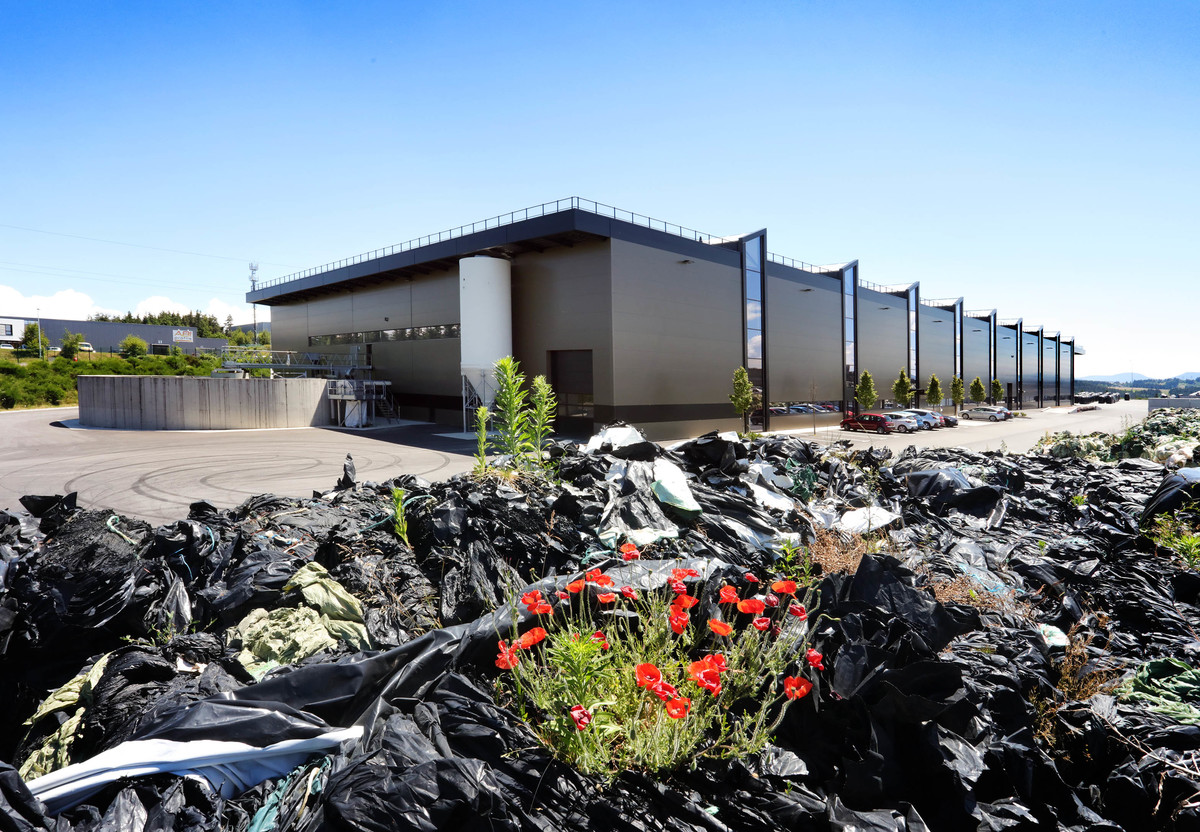Recycling used plastic film
Project details
- Main leader : Barbier
- Type of initiative : Individual initiative (company, etc.)
- Périmètre : France
- Localisation : Zone Industrielle Chavanon - 43120 Monistrol-sur-Loire
- Date de début : janvier 2015
Economy circular topics
- Responsible consumption
- Recycling
- Eco-design
- Sustainable procurement
- Extending useful service life
- Functional service economy
- Industrial and regional ecology
The Barbier Group produces plastic film for three sectors: industry, agriculture, and bagging. It has developed an in-house recycling activity which gives a new lease of life to plastic by reusing it in its own production processes.
The group started by recycling its own production offcuts and then began buying used film from its customers (the plastic film used by manufacturers to surround their pallets for example). It now recycles plastic from mass distribution, industry, agricultural activities and household plastic film collected via selective sorting. It can potentially recycle all the polyethylene film it produces.
Since 2015, a new recycling unit has been used to deal with used agricultural film. This site also increases the recycling potential of products from other sectors such as household plastic film and industrial film. This unit was eco-designed: rainwater from the roofs is recovered to wash the film and feed the water treatment plant, the building is equipped with a heat recovery system, etc.
Qualitative benefits
This initiative helps to reduce the need for oil resources, optimizes the use of the material and makes it accessible locally. This reduces the reliance of factories on a supply of highly concentrated raw materials from a few large suppliers.
Carrying out recycling within the group is a guarantee of quality. Integration into production requires very good quality materials. This requirement is particularly important in order to be able to use recycled plastic in products where this is not yet possible and to increase the proportion of recycled material where it is already used.
Previously, products using recycled material were considered as low-end products. Now the reverse is true: customers are now asking for these, as they believe that this is an aspect of the product that needs to be promoted.
Stages of the initiative
1980s: The impact of oil price shocks on the cost of raw materials and growing environmental awareness drove the Barbier Group to develop a recycling solution.
2015: thanks to a new unit (Chavanon V), the group is now able to recycle used agricultural film.
2017: within a second recycling unit, modernisation of the washing stage makes it possible to deal with flows resulting from the selective collection of waste from households, industry and supermarkets.
Recycling is based on how customers and users sort, and also on the work of collectors and sorters. The ability to produce high-quality plastic bales is crucial. The challenge for sorting centres is to put more than 95% of polyethylene into the material delivered to the Barbier Group, because the latter can only marginally refine sorting and needs very high-quality input material.
Real efforts and progress have been made in the field of sorting, but the maturity of the selective collection and sorting system remains a real challenge in order to be able to recycle as much plastic as possible.
The Barbier Group has also been able to adapt its production in line with changing regulations. It manufactures biodegradable fruit and vegetable bags (formerly these bags were mainly produced in Asia). The group also produces multipurpose bags, incorporating a very large proportion of recycled material, which replace disposable bags at the checkout counter.
Image credits: Barbier Group
Areas of activity
- Recycling
Resources
- Plastic
Technical resources
Of the 12 factories in the Barbier Group, two sites are devoted to recycling.
The purpose of the Chavanon V unit, opened in 2015, is to produce polyethylene granules: waste from plastic film is washed, crushed and dried before being transformed into plastic granules for the production of new film or plastic packaging.
Human resources
Over 50 people are employed in recycling activities.
Web link(s)
www.barbiergroup.com/frhttp://www.barbiergroup.com/fr/recyclage-ressource-politique-environnementale



